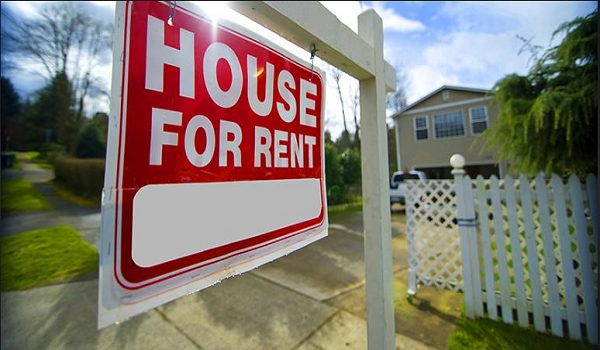Report shows Torontonians live a lower quality of life than average Canadians amid rise in housing costs, financial pressures
The cost of Toronto housing just keeps going up, and it appears to be taking its toll on the city’s quality of life.
Data released Tuesday by Statistics Canada showed that shelter costs continue to be driving inflation nationally; and, in Toronto as well as Vancouver, where the affordability crisis has hit hard, residents are less likely to report a “high life satisfaction” compared to the average Canadian, according to a separate report released Monday.
Nationally, Statistics Canada reported Tuesday that shelter costs continue to drive increases in the Consumer Price Index, a measure of inflation, with mortgage interest costs up 27.4 per cent year over year, and rent up 7.9 per cent. Mortgage interest and rent costs continued to be a main contributor to the annual inflation rate for the last several months.With food and housing remaining the largest expenses in one of the country’s most costly cities, Torontonians are reporting more and more feelings of distress.
This worsening sense of social well-being was noted in a Statistics Canada report released Monday. Torontonians were particularly less hopeful about the future, with renters and youth especially having a bleak outlook on life compared to homeowners and older demographics.
Lauren Pinault, chief at Statistics Canada’s Centre for Social Data Insights and Innovation, said while the report doesn’t make a causal link between a lower sense of social well-being and housing costs, “we’re noticing lower quality of life indicators sort of across the board.” She said the context that Toronto is a costly city is important to consider.
“Rent is too damn high. It’s squeezing people,” said Geordie Dent, executive director of the Federation of Metro Tenants’ Associations (FMTA). “Spend a day working on the FMTA’s tenant hotline. None of this is new to us: the stress, the panic, the misery in the rental market.”
Dent, who studied political science at Norway’s University of Bergen, said people’s well-being is a reliable “indication of social cohesion.” When there’s a lack of social well-being, he continued, “everything starts to go sideways.”
According to the report released Monday, Vancouver and Toronto residents consistently lagged behind the average Canadian on rating six factors that made up their quality of life: a sense of belonging to a local community, self-reported mental health, high life satisfaction, hope about the future, loneliness and difficulty meeting financial needs.
Overall, Canadians aged 15 to 54 reported a lower quality of life than those aged 55 or older and renters, especially in Vancouver and Toronto, were less likely to feel a strong sense of belonging in their community and more prone to feeling lonely than homeowners.
“In the early 2000s, I’d frequently hear from tenants trying to leave the rental market. I don’t hear that anymore,” Dent said.
He added that most renters can no longer put money toward investments that would enhance their quality of life such as programming for their kids, vacations, electronics, entertainment and travel. It goes directly into a landlord’s pocket now, he said.
The average rent for a one-bedroom apartment increased by 2.2 per cent to $2,552 by the end of last year compared to the previous year, according to the Toronto Regional Real Estate Board.
“The affordability problem isn’t going to go away,” said Frank Clayton, senior research fellow at Toronto Metropolitan University’s Centre for Urban Research and Land Development.
“We’re starting to see more and more situations where young people are now living with other young people, like the university dormitory idea of a shared apartment,” he continued.
Renters across the country faced record low vacancy rates and record-high rent increases in 2023, but Toronto and Vancouver residents who don’t own their homes face greater financial pressures.
Among young people especially, that pressure is compounded.
According to Pinault, Canadians between ages 15 and 24 who were not living with a parent spent 23 per cent of their income on shelter costs in 2021, compared to 16 per cent across all age groups. In Toronto, the same group spent almost a third of their income on shelter costs, compared to 20 per cent for all age groups.


“Everyone wants to leave this city. No one wants to stay,” said Stephen Mensah, executive director of the Toronto Youth Cabinet. “It will affect the concept of building a vibrant city when only people in certain demographics and socioeconomic status live here.”
The survey also found that youth aged 15 to 29 were particularly “less hopeful” about the future, less likely to report good mental health and more likely to feel lonely than older Canadians, especially in Vancouver and Toronto.
It also revealed that when younger Canadians do own a home, not surprisingly “they’re much less likely to have paid off their mortgage,” with only 14.7 per cent having done so, compared to 61.8 per cent of Canadians 55 and older. This leaves the younger demographic much more vulnerable to interest rate hikes that increase their mortgage payments.
While Mensah said the City of Toronto has taken some efforts to alleviate these challenges, for the most part the city “forgets young people exist. And that’s the caveat missing from discussions.”
This article was reported by The Star














